
If all goes to plan, the Lusaka Contemporary Art Center (LuCAC) will open in January 2023. “It will be Zambia’s first centre for contemporary art of its kind,” the centre’s founder, Oslo and Lusaka-based artist Victor Mutelekesha, told Kunstkritikk. The objective of the centre is to promote contemporary Zambian art and research on Zambian art and culture.
Mutelekesha purchased the plot in Lusaka with his own funds in the early 2000s, and it took several years of saving and planning before construction on the main building could begin in March this year. The building was quickly erected; its completion is expected in January next year. Mutelekesha soon had to decide how to organise the centre’s operations. The first person he asked for advice was Pietro Rigolo, assistant curator at the Getty Research Institute in Los Angeles. Rigolo recommended that Mutelekesha form an international board. Within two weeks, he had set up a board of fifteen people to assist with issues related to everything from project content and artistic development to institution and network building.
Travel restrictions due to the coronavirus pandemic have prevented Mutelekesha from being present during the construction work, making him entirely dependent on finding people he could trust to monitor the process. His brother and a friend have kept him updated with daily phone calls and photos. This November, he will set out for Lusaka to inspect the building for the first time himself and to start looking for people to work at the centre, including someone to take charge of the day-to-day operations. “After I have fulfilled that, I will function in the background. I don’t think I am fit to be administrative director, but as artistic director I will make sure the dream is fulfilled.”
“We want to hire Zambians,” Mutelekesha said, adding, “this is a challenge, because Zambia still does not have education for positions such as art administrators and curators. This is why we are working towards collaborations with international institutions offering internships to train the staff.” Currently, Mutelekesha is trying to find partners who can contribute to future operations. He has received favourable responses from institutions such as the Smithsonian Institute in Washington DC.
LuCAC will house a library, gallery, and project space as well as a residency programme. For the residency programme at LuCAC, Mutelekesha would like to see regular visits from Norwegian artists. Accordingly, forming Norwegian partnerships is also a major goal, and Mutelekesha is making overtures to various stakeholders, including City of Oslo authorities in charge of funding international projects. Until now, the project has been self-financed.

The nation’s unfulfilled dream
Lack of public funding is a familiar problem for cultural institutions in Zambia, according to Mutelekesha. At the same time, Lusaka is a changing city, with a growing population and a growing economy. He hopes the centre will be a permanent addition to the city’s cultural infrastructure, something he sees a great need for. “We want to advance the unfulfilled dreams of a relatively young nation, foster research into everything ‘Zambian art’, to unearth the foundations of what is being created in Zambia today, bearing in mind the global influences brought back by the many artists who attended art academies, universities, and residencies in faraway places.”
Mutelekesha is a graduate of the Oslo National Academy of the Arts, having first trained as an art teacher at Evelyn Hone College in Lusaka. The original plan was to go home after his studies, but he never left Oslo completely. In the years that followed, he commuted between Oslo, Lusaka, and various artist residences around the world. This nomadic existence permeates the way he works and thinks today. “Being exposed to a totally different environment is extremely important for self-development and for the creative mind to flourish,” he said.
Accordingly, Mutelekesha holds high expectations for the centre’s residency programme. By inviting one local artist and one from abroad to work at LuCAC at the same time, a path is paved for an informal exchange between the two artists. Mutelekesha hopes this will yield fruitful discussions that can provide important impetus for the centre’s further development. “The vision of LuCAC is to create a place for experimentation and innovation that cuts across national borders and disciplines. That, to me, is what Zambia lacks,” he said.
The library will be a key part of the art centre. Mutelekesha envisions a login system and an online database with subscriptions to various magazines, so visitors can access everything from the centre. “For artists and cultural workers, this has never existed in the country. Providing this in a concentrated space, I feel, is going to be great for so many people.”
Mutelekesha’s inspiration for the project came from artist-led initiatives and collaborations around the world. His role models include Henry Tayali (1943–87), a Zambian artist who worked to develop the country’s art scene, for example by fighting for the establishment of an art academy. He died before his dream could be realised. Mutelekesha hopes that the LuCAC will be a step in the right direction. “I still think a university or school for art should be established in Zambia, and I think actions like these could become blueprints or inspiration to future politicians. My biggest wish is to start something that stirs up some talk, and over time brings massive impact. I’m all fine with waiting.”

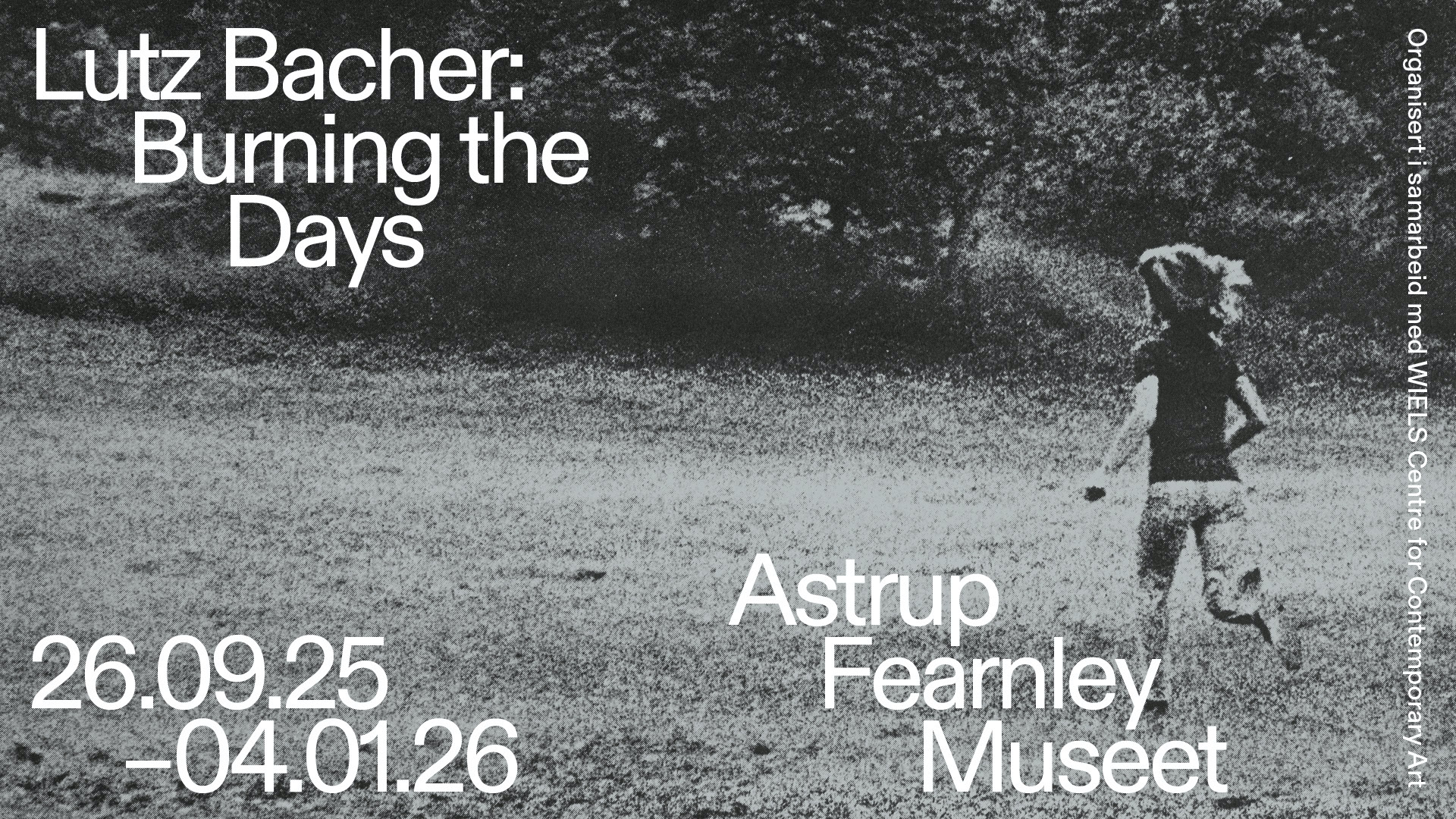
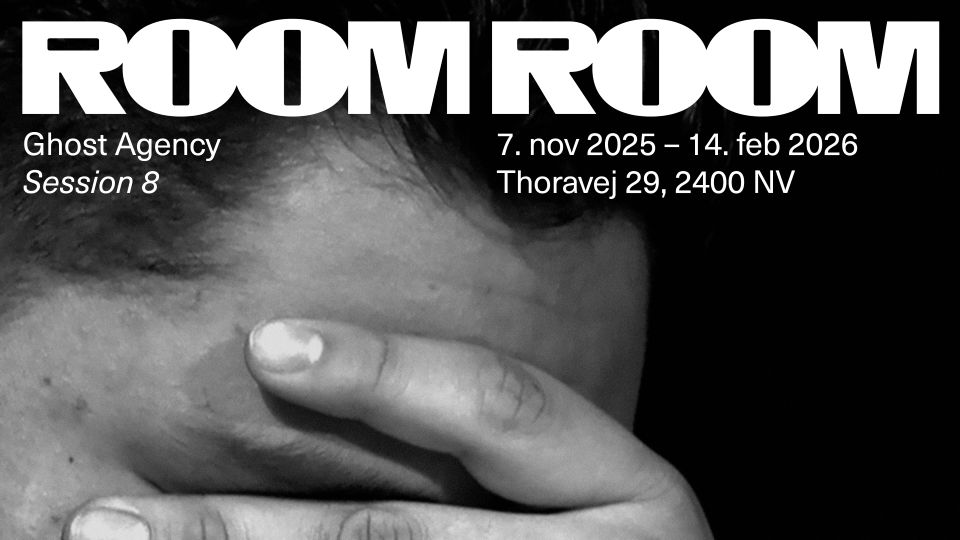

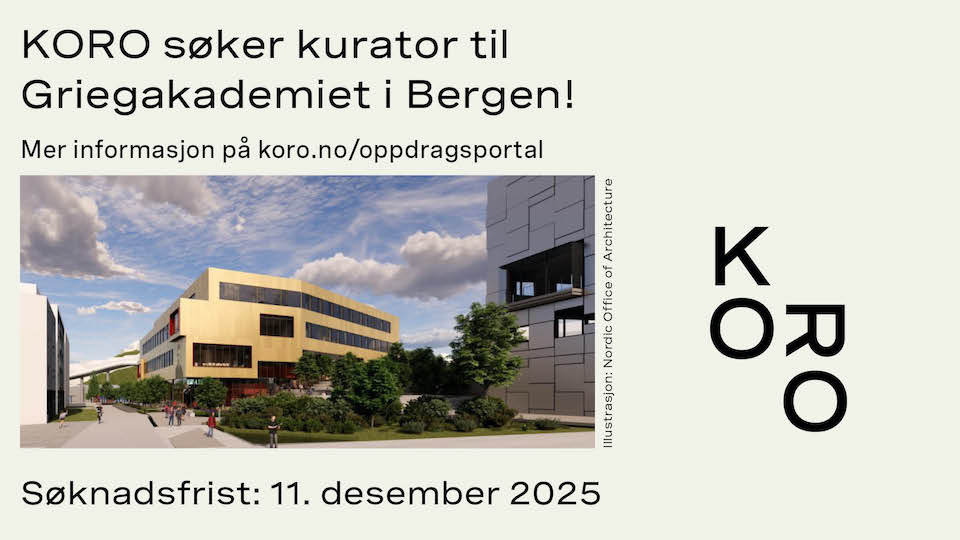

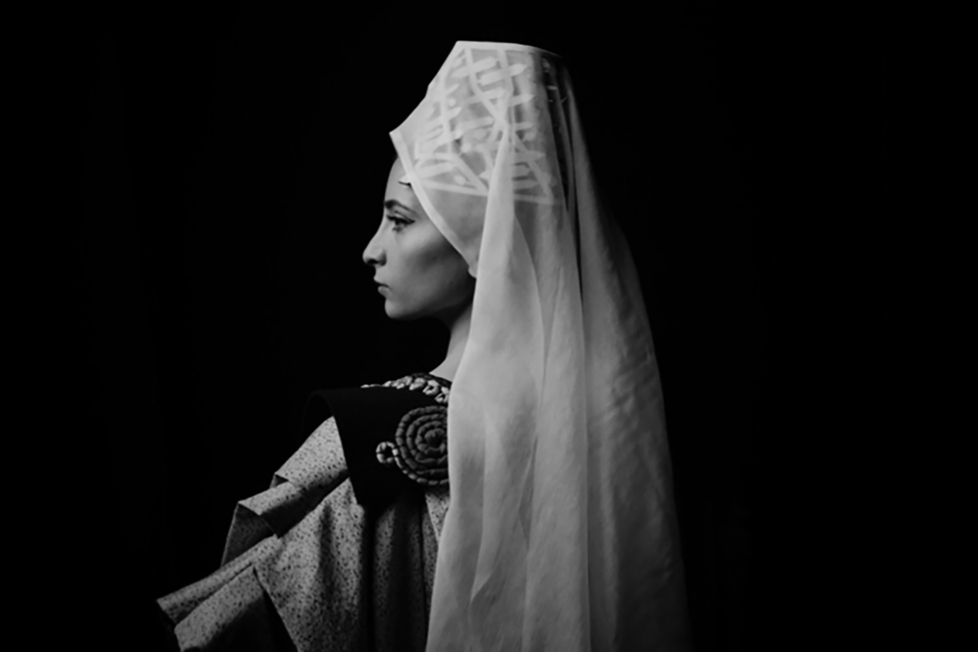
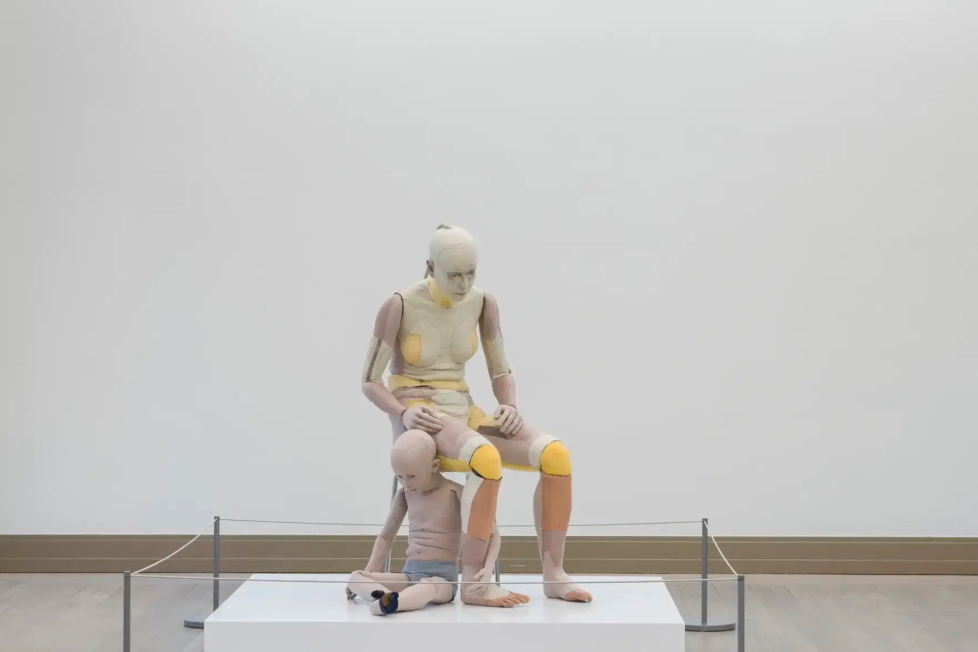
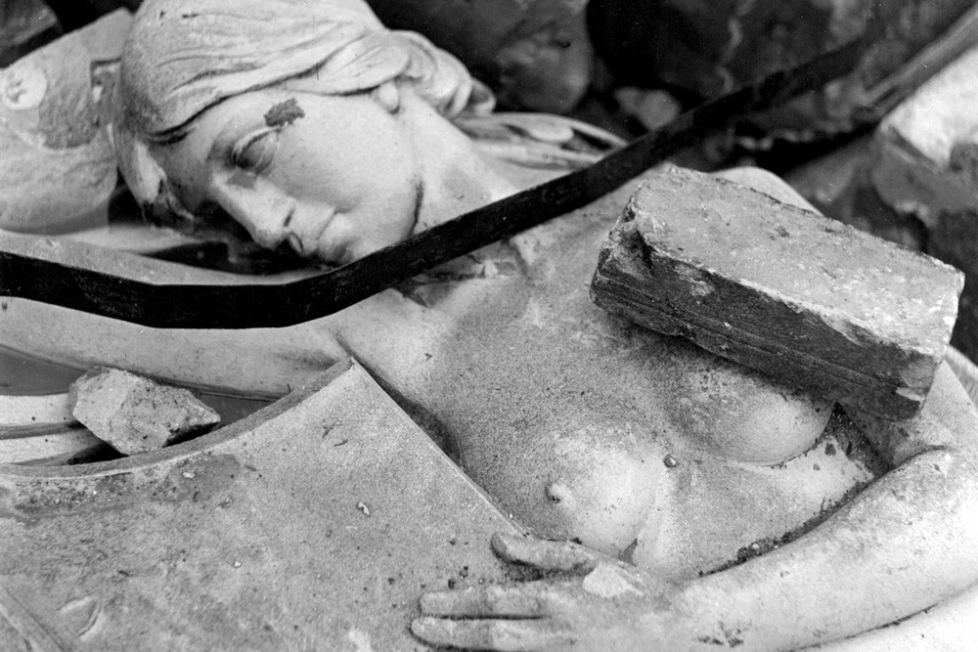
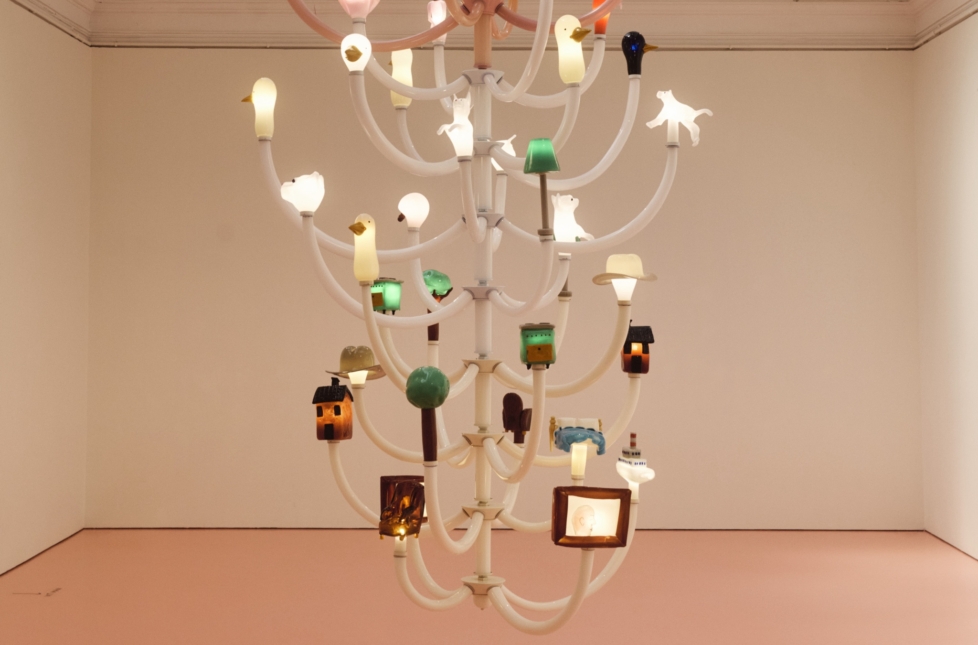
Felicitations. C’est magnifique er genial!
Right move in the right direction. That’s what Zambia needs
Thumbs up to you Big Bro. I have known you to be one person who is very focused in whatever you plan. Will definitely give you all the support you may need from the family back home. You’re an inspiration to all of us. Go go forward Bakamba
wow that’s a good move guys
Great works of massive developmental change Victor.This will definitely change a lives at home and abroad.